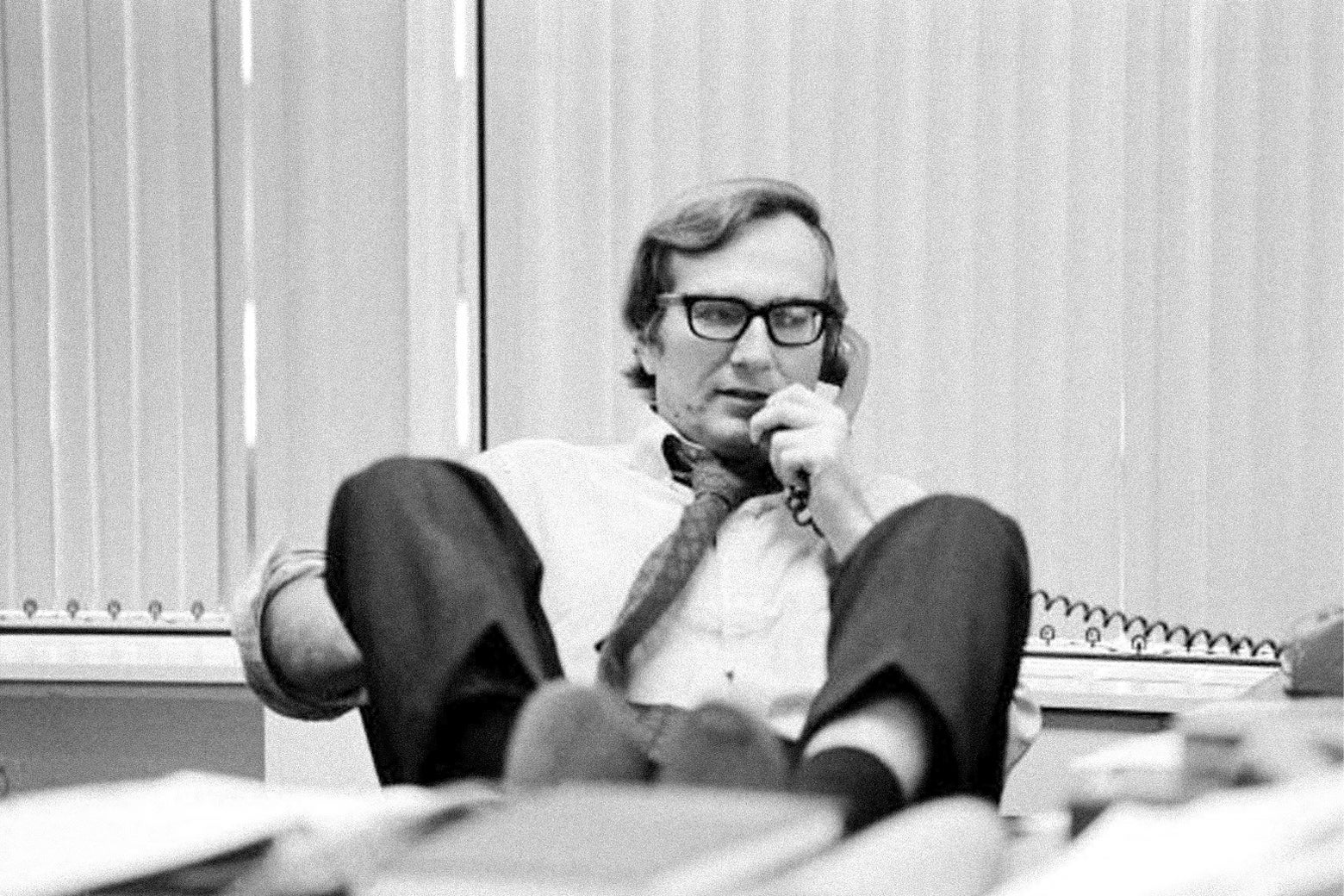
"Hersh, who broke the stories of the My Lai massacre and (along with 60 Minutes II) the torture at Abu Ghraib, is perhaps as close to a living legend as the last 50 years of American journalism has produced. If he's not a household name on the level of Woodward and Bernstein, with whom he traded scoops on the Watergate break-in, it might be because his career is too far-reaching to be reduced to a single story,"
"Poitras, the director of the Peabody-winning All the Beauty and the Bloodshed and the Oscar-winning Citizenfour, spent 20 years trying to convince Hersh to sit in front of her camera, but not even teaming up with Obenhaus, Hersh's past collaborator on films for PBS's Frontline, could put their subject at ease. The pair seem to have planned a kind of procedural deep dive, not just recounting Hersh's many scoops but detailing how he got them."
Laura Poitras and Mark Obenhaus spent two decades attempting to persuade investigative reporter Seymour Hersh to appear on camera, but Hersh repeatedly resisted exposure. Hersh broke major stories including My Lai and the Abu Ghraib torture revelations and traded scoops with Watergate reporters. The filmmakers intended a procedural deep dive into his reporting methods and source networks. Hersh fiercely protects source anonymity, insisting certain materials remain confidential even after death. Poitras' prior work on Edward Snowden and Julian Assange centers on breaking secrecy and profiling the people willing to do so. The material emphasizes tensions between transparency and protecting vulnerable contacts.
Read at Slate Magazine
Unable to calculate read time
Collection
[
|
...
]